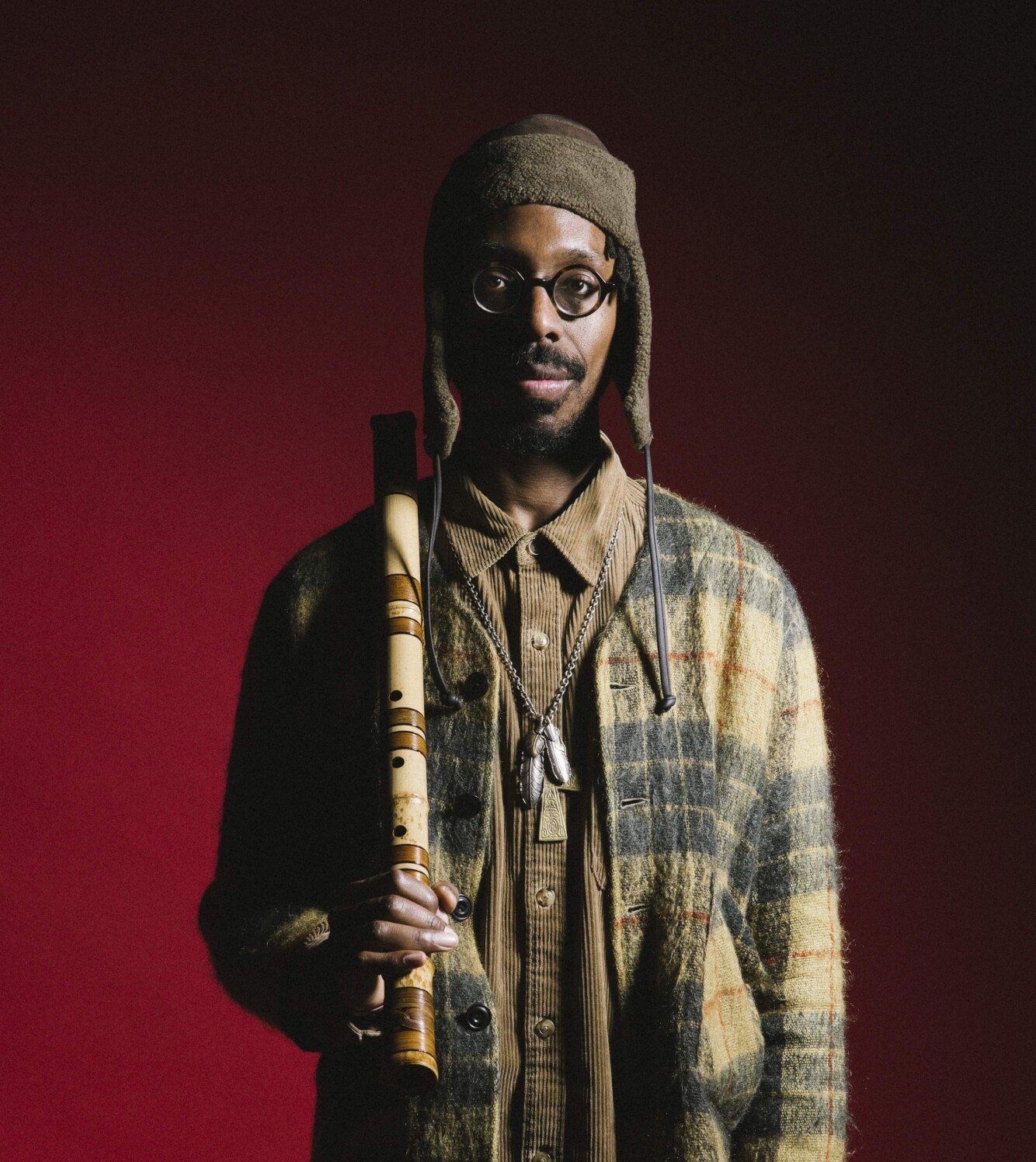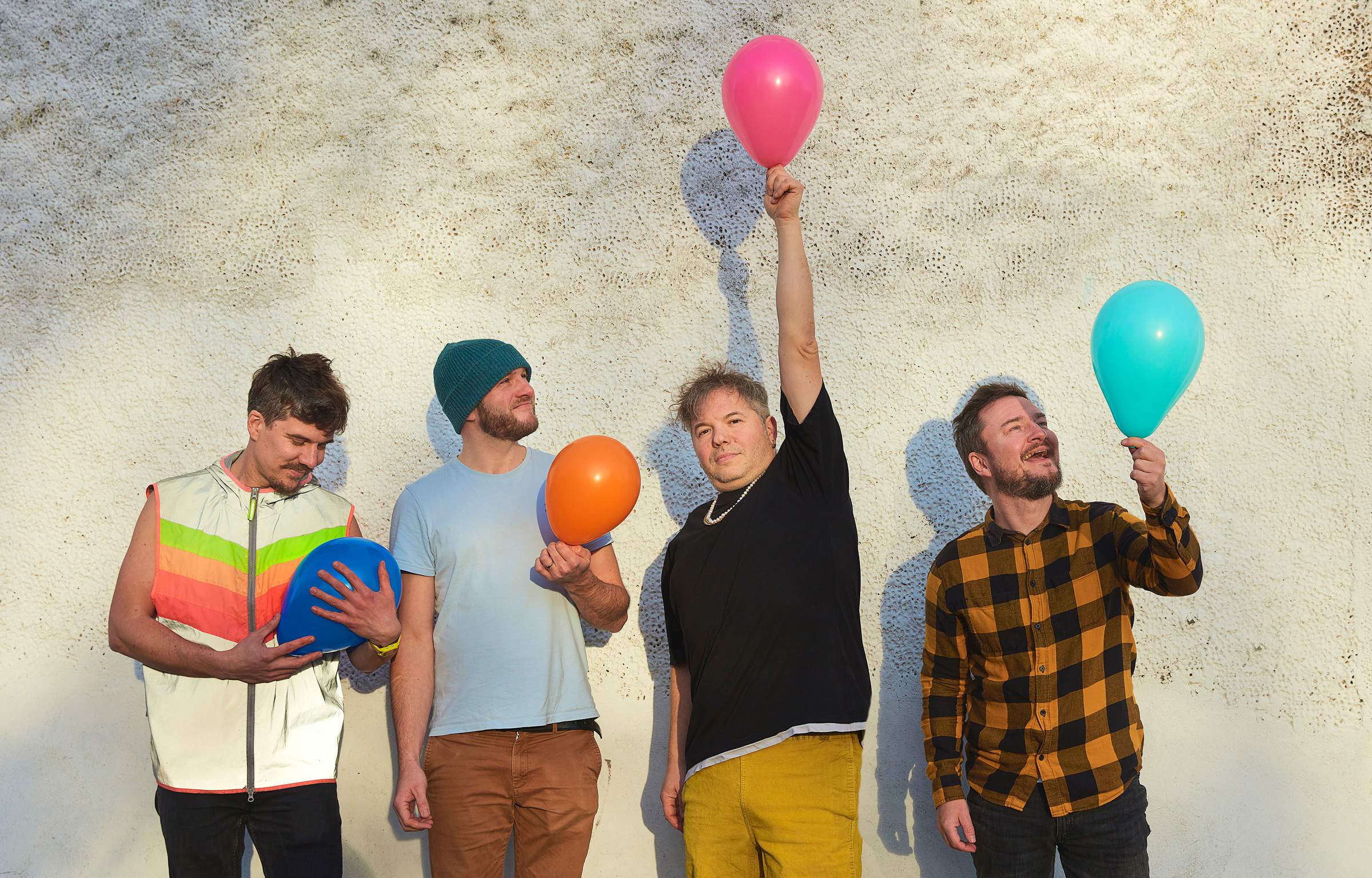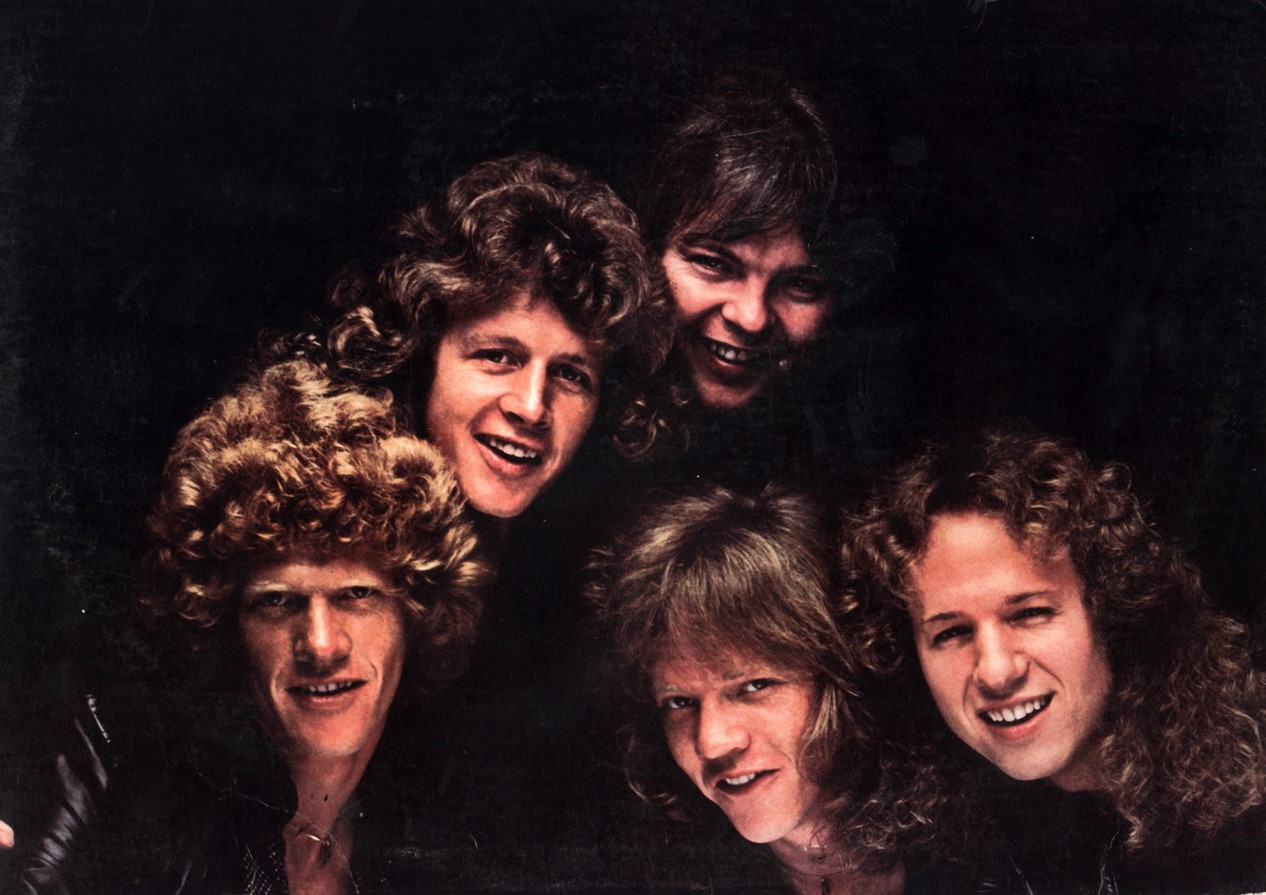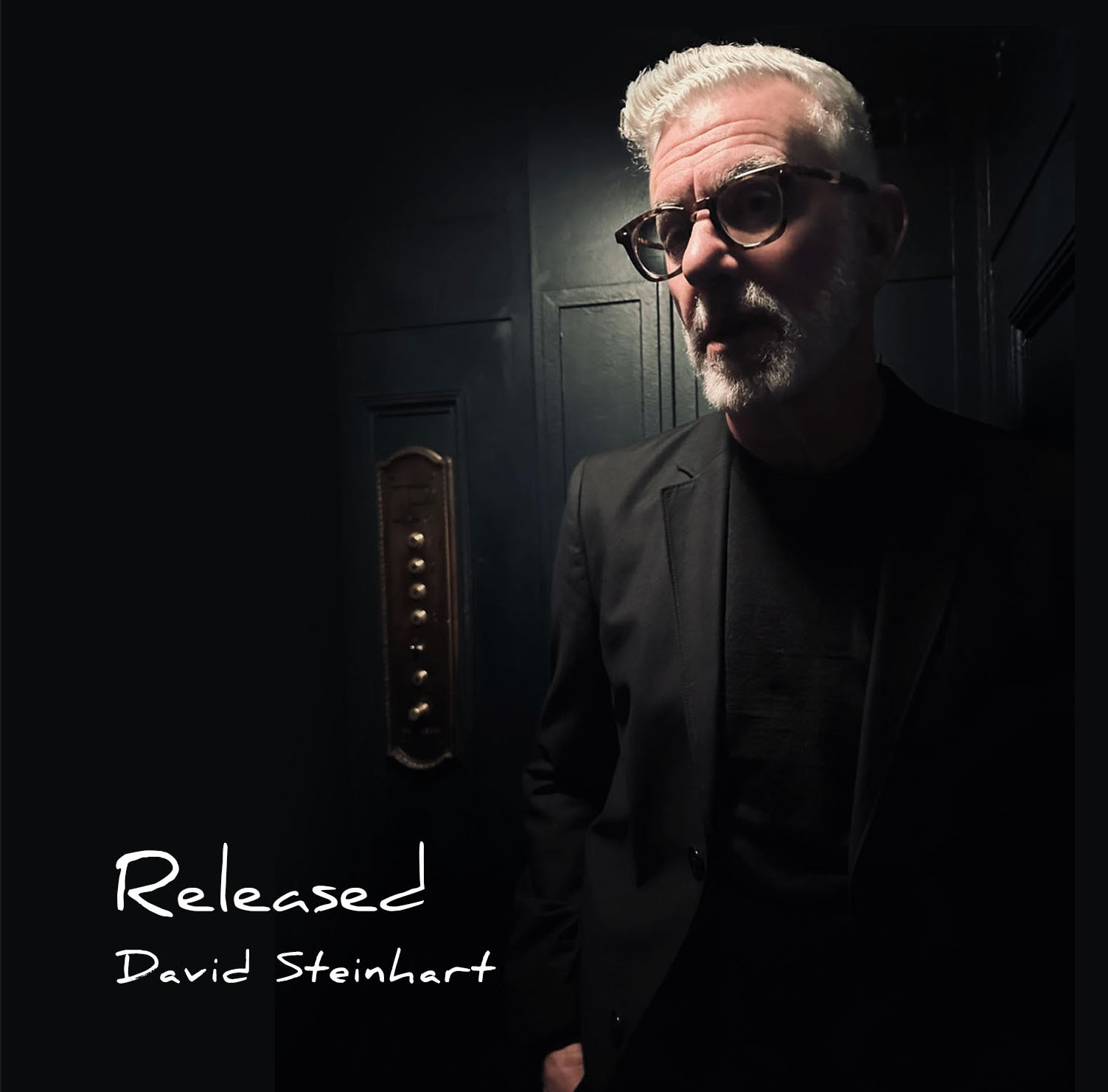Shabaka Hutchings | Interview | New Album, ‘Perceive Its Beauty, Acknowledge Its Grace’
Renowned saxophonist and bandleader Shabaka Hutchings, celebrated for his groundbreaking work with Sons of Kemet and The Comet Is Coming, has unveiled his debut solo album, ‘Perceive its Beauty, Acknowledge its Grace,’ through the esteemed Impulse! Records.
This ambitious opus signals a profound shift as Hutchings deftly transitions to flutes and softer woodwinds, with the lead single, ‘End of Innocence,’ showcasing his clarinet virtuosity. The album features an eclectic ensemble of collaborators, including luminaries such as André 3000, Moses Sumney, and Esperanza Spalding, infusing the project with a rich tapestry of sonic textures. Hutchings himself characterizes this work as a radical departure from his previous oeuvre, embracing a bold spirit of exploration that defies easy categorization. As he steps away from the saxophone, this album heralds a pivotal moment in Hutchings’ distinguished career, underscoring his relentless artistic evolution and insatiable curiosity. In a landscape often resistant to change, Hutchings stands as a testament to the boundless possibilities of musical reinvention, inviting listeners on an audacious journey through uncharted auditory realms.
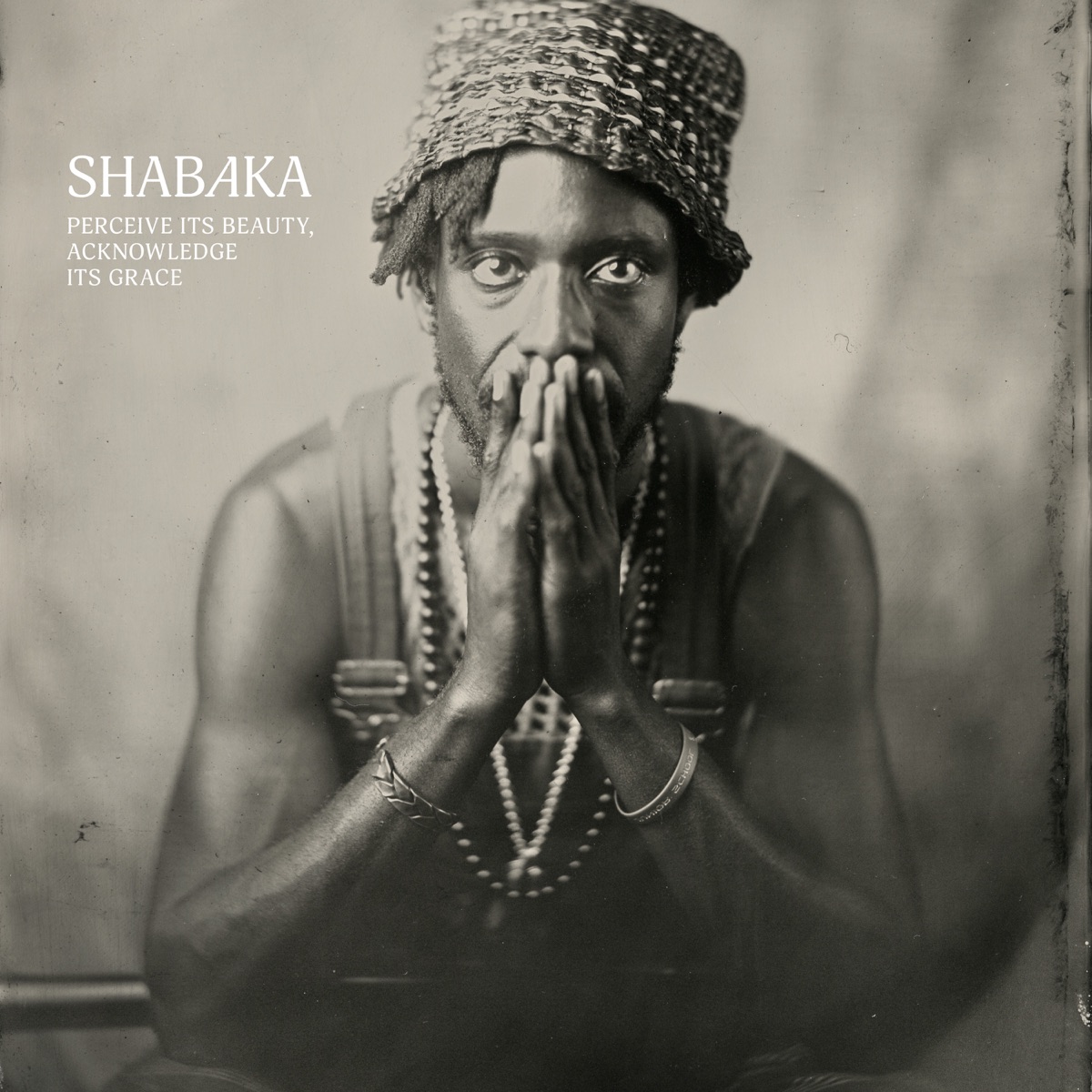
“I’ve realized that the expression is held within the instrument itself”
Your debut solo album, ‘Perceive its Beauty, Acknowledge its Grace,’ represents a departure from your previous work with bands like Sons of Kemet and The Comet Is Coming. Can you elaborate on what inspired this shift in focus towards flutes and softer woodwinds for this album?
Shabaka: The flutes are the instruments that I’ve been practicing and focusing on for the past few years, so the shift was just about bringing the outcome of my private practice into my public performance and recorded output.
The album title, ‘Perceive its Beauty, Acknowledge its Grace,’ suggests a deep connection to spirituality or philosophical concepts. Can you share any specific spiritual or philosophical influences that inspired the creation of this album?
The making of an album necessitates a lack of conceptual awareness. In my experience, if I go into the process of creation with any sort of predefined philosophy, it creates a blockage and unnecessary thinking about the past as opposed to the present reality of the music at hand. So maybe that’s the guiding influence, the foregrounding of the present.
‘End of Innocence,’ the lead single from your album, features you on the clarinet and showcases a different sonic landscape. How does this track set the tone for the rest of the album, both musically and thematically?
For me, this song has a sense of optimistic melancholy that I think underpins all of what follows.
Your decision to primarily play flutes and woodwinds on this album is described as a departure but also a return to your first instrument, the clarinet. How did revisiting your primary instrument influence the creative process and direction of ‘Perceive its Beauty, Acknowledge its Grace’?
The clarinet brings with it a freedom of melodic expression since I’ve had the longest relationship with it.
Collaborating with a diverse range of musicians such as André 3000, Lianne La Havas, and Esperanza Spalding adds layers of complexity and richness to your album. Could you share how these collaborations came about and how they influenced the overall sound and message of the album?
I knew each musician on the album before recording. Some, like Moses and Lianne, I’ve known for over a decade, and others, such as André 3000, have been more recent acquaintances.
Your approach to recording the album, opting for live sessions with minimal technological interference, is quite unique in today’s digital age. How did this recording method contribute to the organic feel and atmosphere of the music?
Live sessions were the foundational recordings which I used to build on, but it’s definitely not an organic record in terms of being solely representative of what went on in the room. However, it’s produced in such a way as to sound as organic and natural as possible.
The decision to record the album at Rudy Van Gelder’s historic studios adds a layer of historical resonance to the project. Were there any particular challenges or insights gained from recording in such a renowned space known for its influence on jazz music?
The main insight was that in a room that sounds so beautiful, we play best when listening to the instruments without headphones. Everyone’s dynamic balance and sensitivity will accommodate that particular parameter.
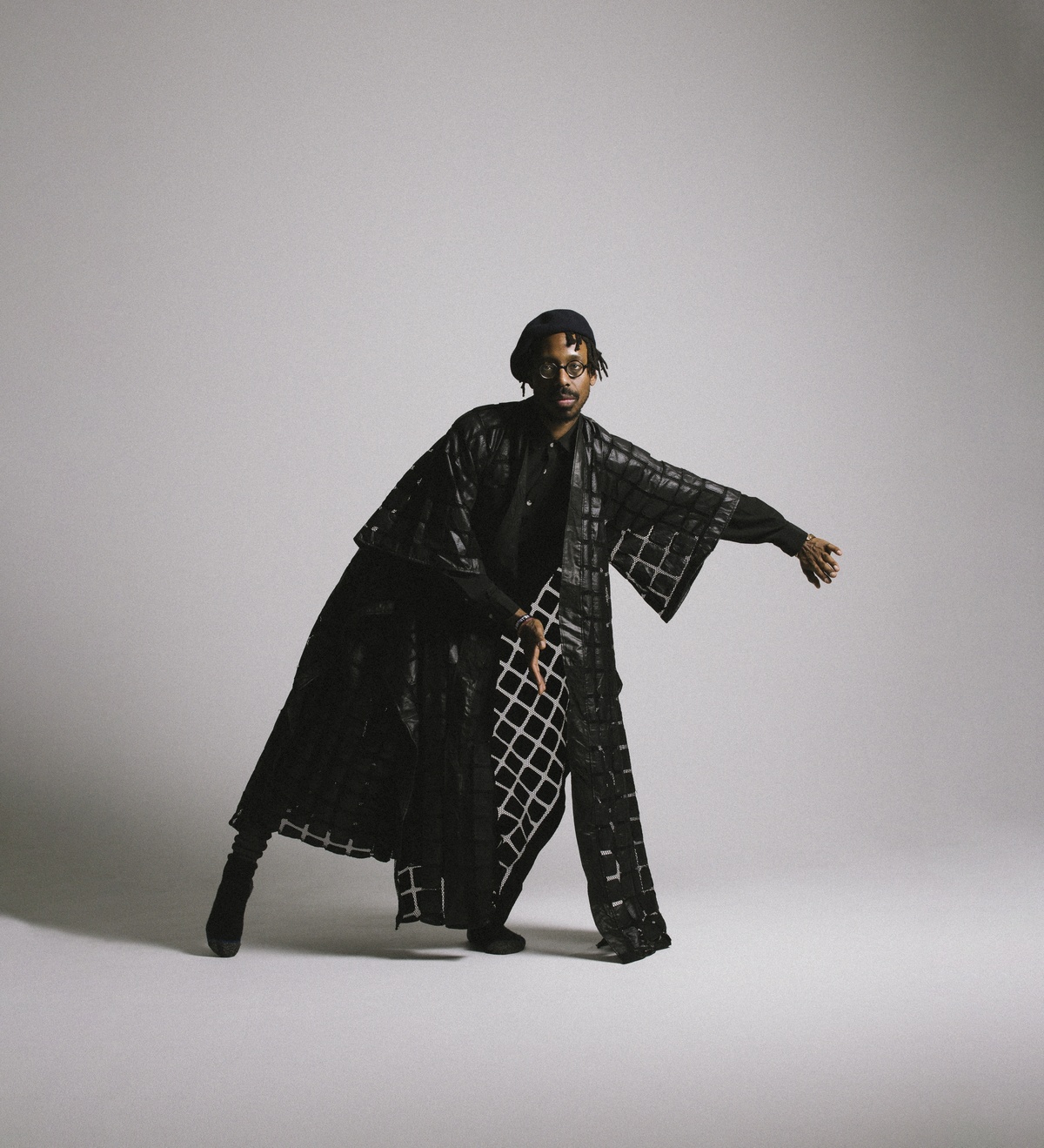
“The album is about paradigmatic rupture and the ritualistic possession needed to embark on the process of revitalization”
Each track on the album has a title that seems to carry its own narrative or poetic essence. Could you delve into the significance of these titles and how they relate to the overall concept of the album?
The album is about paradigmatic rupture and the ritualistic possession needed to embark on the process of revitalization. Each title outlines a stage within this process.
The use of various flutes from different cultural backgrounds, such as the Shakuhachi and the Mayan Teotihuacan drone flutes, reflects a diverse sonic palette. How did exploring these instruments influence your understanding of musical expression and cultural fusion?
I’ve realized that the expression is held within the instrument itself, and they really do tell you what to play if you relax and listen to what feels right intuitively.
Your decision to take a hiatus from playing the saxophone publicly and focusing on the flute marks a significant shift in your musical journey. How has this transition impacted your artistic vision and future projects beyond this album?
It probably feels more significant from the outside looking in. For me, it’s just a case of organizing the music I’ve decided to play in a way that is articulated coherently and with maximum emotional intensity. The specific form of the music, whether it be my new sounds or Sons of Kemet, is of less importance to me. So in terms of vision, it has definitely emboldened me to trust my musical sensibility and what I personally think sounds good above any particular technical concern or cultural particularity associated with any given instrument.
As you embark on a series of live performances to showcase this album, what do you hope audiences will take away from the experience of hearing this music live, especially considering its intricate and immersive nature?
I hope people come away having been afforded a space to reflect during the concert.
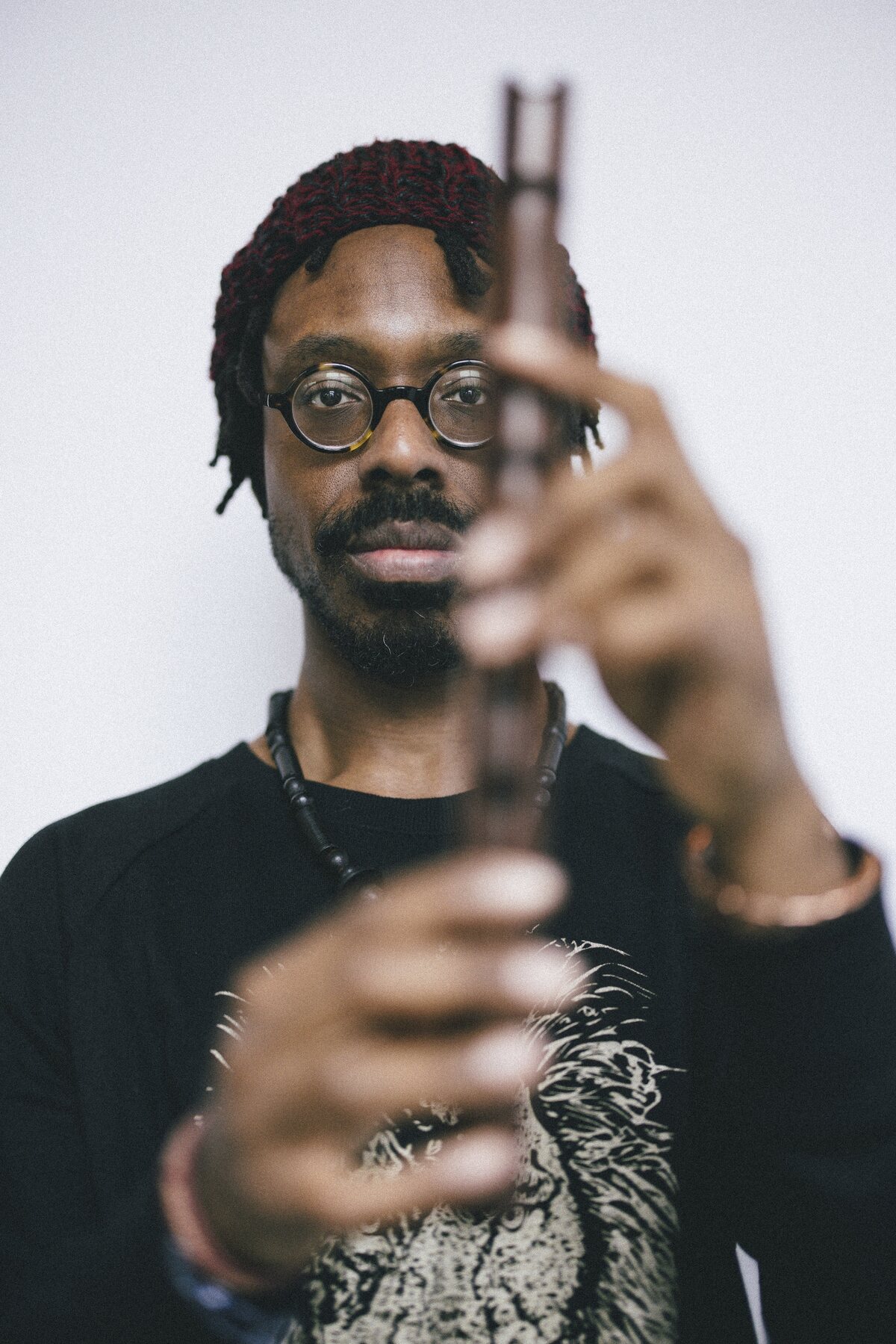
Have you found something new lately you would like to recommend to our readers?
Recently I’ve been listening a lot to the music of Priscilla Ermel. There’s an album of her selected works called ‘Origens Da Luz’ that’s really inspiring.
Klemen Breznikar
Headline photo: Atiba Jefferson (@atibapho)
Shabaka Hutchings Official Website / Facebook / Instagram / Twitter / YouTube
Impulse Records Official Website / Facebook / Instagram / Twitter / YouTube
The Comet Is Coming interview

